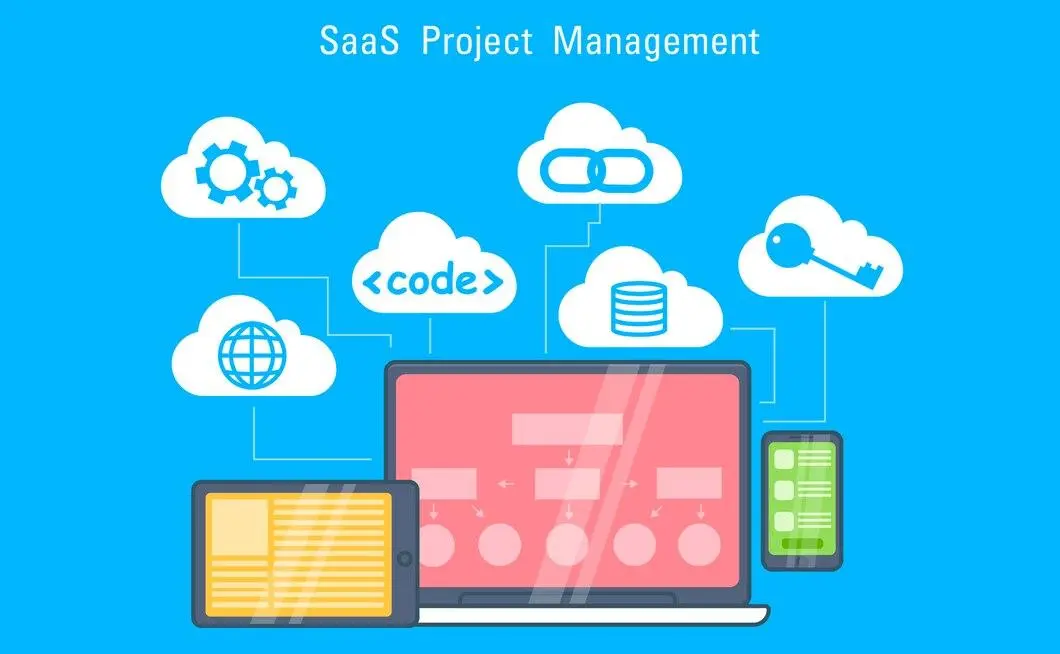Highlights
- Data ingestion and data integration are different with different primary goals.
- Apache Kafka is known for its great ETL abilities.
- Matillion is great because of its stringent security system.
- Improvado is a no-code data ingestion platform designed for marketing and sales data.
- Data ingestion tools support HTTP/HTTPS, FTP/SFTP, and WebSockets.
In today’s data-driven environment, efficient data integration is essential. It aims to make informed decisions. Manual methods of data ingestion are not efficient and viable for large-scale data operations. This is where different types of cloud-based ingestion tools come into the picture.
With numerous options on the market, selecting the right tool can feel overwhelming. To help you make the right decision our database consulting services are here. Aside from that, we articulate this article, through which, you will learn about some of the best data ingestion tools and why they are important for businesses.
What is Data Ingestion?
Data ingestion is collecting and transferring data from various sources in a central system. The aim is to make data analysis, processing, and storage easy. Data ingestion is also able to move data in real-time or in batches. Also, it covers a wide variety of sources which means it can handle cloud-based storage to streaming services easily.
Although data ingestion and data integration are often confused, they differ in their primary goals.
- Data ingestion tools focus on moving data quickly and efficiently into a system.
- Data integration platforms emphasize blending data from different sources into a cohesive whole.
Data ingestion is extremely important for any organization that relies on comprehensive data analytics. As data increases, data ingestion becomes critically important for timely and accurate decision-making.
Popular Data Ingestion Tools
The market is abundant with data ingestion platforms, each suited for different needs, data structures, and organizational setups. Some of the most popular options are:
Apache Kafka
Apache Kafka is an open-source data ingestion tool recognized for its exceptional scalability and robust ETL (Extract, Transform, Load) capabilities. It allows large-scale data processing by letting businesses handle extensive data streams. It contains a variety of open-source tools that allow customization for diverse data environments.
Airbyte
Airbyte is an open-source ELT (Extract, Load, Transform) platform that accelerates data ingestion processes with over 300 out-of-the-box connectors. It enables businesses to create customizable data pipelines and supports log-based incremental replication, making it an efficient choice for real-time data needs. As an open-source data ingestion tool, Airbyte also provides flexibility in adapting to specific organizational requirements.
Amazon Kinesis
Part of the Amazon Web Services (AWS) suite, Amazon Kinesis facilitates real-time data processing on a large scale. With Kinesis, businesses can ingest, process, and analyze data streams seamlessly, thanks to features like scalable data streams and the Firehose tool, which transforms and loads data streams into AWS databases.
Matillion
Matillion is a cloud-based data integration and ingestion tool that provides options for data orchestration, transformation, and visualization. Known for its advanced security features, Matillion allows businesses to manage the entire ingestion process within a secure cloud environment, making it an excellent option for companies with stringent security requirements.
Integrate.io
Integrate.io facilitates extraction, transformation, and loading (ETL) to data warehouses or other storage systems. Integrate.io also supports reverse ETL, enabling data to flow from cloud data warehouses back into business applications, along with fast Change Data Capture (CDC) to manage real-time data updates.
Adverity
Adverity automates data ingestion with AI-driven predictive analytics, which allows companies to optimize their marketing strategies. Adverity’s resource center provides valuable information on data ingestion and integration methods, making it a valuable resource for marketers and data teams.
Precisely Connect
Formerly known as Syncsort, Precisely Connect supports cloud-based data ingestion with real-time integration capabilities. It uses machine learning to prevent data duplication. Also, it offers a flexible system for managing various ingestion needs. Precisely Connect is ideal for companies that require versatile ingestion options for complex data environments.
Improvado
Among different types of cloud-based ingestion tools, Improvado is a no-code data ingestion platform designed for marketing and sales data. With pre-established integrations, users can create a unified database of information without extensive programming. Improvado’s no-code approach makes it highly accessible to non-technical users, making it one of the best data ingestion tools for marketing teams.
Funnel
Funnel is a cloud-based ingestion tool that can automatically import data from established platforms or internal systems via spreadsheets. Funnel retains raw historical data, which allows users to explore various ingestion methods and extract needed information. This tool is ideal for businesses that require historical data tracking for trend analysis and forecasting.
Gobblin
Gobblin, developed by LinkedIn, is an open-source data ingestion tool compatible with Hadoop and other frameworks. Gobblin simplifies data ingestion processes, from data replication to organization. Its compatibility with both streaming and batch data environments makes it a versatile solution for large data operations.
How Do Data Ingestion Tools Work?
Data ingestion tools play a crucial role in moving data from various sources to centralized storage systems, making it accessible for analytics. They support multiple protocols, such as HTTP/HTTPS, FTP/SFTP, and WebSockets. This enables them to extract data from cloud storage, databases, and other streaming platforms.
The process involves three key steps:
- Data Collection
The tools collect data from specified sources using either pre-configured or custom commands. They handle multiple data formats to enable a smooth data flow.
- Data Transformation
Collected data is then transformed to ensure uniformity in structure and format, a vital step for consistent data analysis.
- Data Loading
Finally, the tools load data into databases or data warehouses where it can be analyzed.
Some tools also support direct loading for real-time needs, prioritizing speed to make data available as quickly as possible.
Benefits of Using Data Ingestion Tools
Adopting data ingestion software offers multiple advantages that enhance business efficiency:
- Accelerated Data Delivery
Automated ingestion tools improve data processing speeds and provide real-time updates, enabling faster, more accurate insights.
- Scalability
These tools support the addition of new data sources and scale in tandem with a growing business.
- Data Uniformity
They ensure data consistency, allowing businesses to produce reliable analytics and reporting.
- User Accessibility
Many data ingestion tools offer intuitive, low-code interfaces, making them accessible to non-technical users.
Choosing the Right Data Ingestion Tool
Selecting the right data ingestion platform depends on several factors specific to each business:
- Scalability
Choose a tool that can handle large datasets and scale with your business.
- Data Source Compatibility
Ensure the tool can support the data sources your organization uses.
- Transformation Capabilities
Some tools offer advanced transformation features, making them ideal for complex data systems.
- Real-Time vs. Batch Processing
Determine if you need immediate data updates or if batch processing suffices.
- User-Friendliness
Select a platform with a straightforward interface for easy adoption.
- Security and Compliance
Choose a tool with robust security measures and compliance with data protection laws.
Conclusion
In today’s fast-paced business landscape, different types of cloud-based ingestion tools are indispensable for efficient data handling. By automating data extraction, transformation, and loading, these platforms minimize manual errors, improve data accessibility, and provide valuable insights for informed decision-making. Choosing the right data ingestion software will enable businesses to maintain data quality, facilitate growth, and optimize operational efficiency. If you are not sure which tool will be best for your business, feel free to reach Tambena Consulting for a free consultation.






